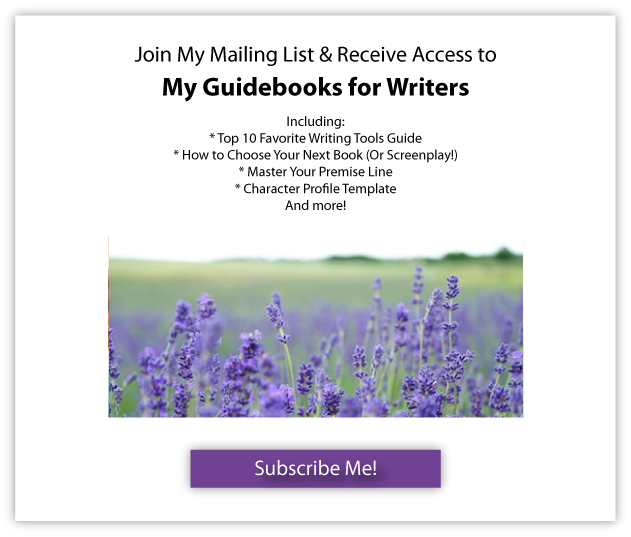In this month’s “Ask the Coach” article, I’m responding to a writer who’s commented about feeling like they’ve stalled around writing.
“I’ve made so much progress with my draft but… I’ve just stalled again, and I have no idea why. I’m just not FEELING it right now. What gives?”
Whew, yes. SO many writers I’ve spoken to recently are feeling similarly. In the article, I unpack some of the possibilities for underlying causes and then brainstorm how to recover from the stall.
Why Writers Stall
1. All the *everything* right now is zapping you.
2. Personal life stuff is getting to you.
3. You’re reacting to a mountain (or an iceberg) in your story.
4. You’ve lost confidence in yourself as a writer.
5. You feel overwhelmed by the quantity of work ahead.
6. Your writing practice has been disrupted and resistance has crept in.
How to Recover From a Stall
1. Write for a little tiny bit, right now.
2. Write morning pages.
3. Write about writing.
4. Rewrite your fears and doubts.
5. Calm your fight or flight response.
6. Carve out a space for just writing.
7. Check your priorities.
8. Reclaim your sense of self as a writer.
9. Use writing as your refuge, if you can.
10. Show up anyway.
Usually, avoiding or stalling is a symptom of something else going on deeper down. Solving it often requires a combination of personal work and finding ways to sneak (or trick ourselves) back into writing.
I’d love to answer them for you in my column.










